Global phenomenon, Squid Game, made a strong debut on Netflix in 2021. It intrigued many with the violence it included, its interesting storyline, and its attractive cast. But beyond those bloody childhood games, this South Korean thriller provided way more than entertainment–it reflected today’s society.
Now, four years later, Squid Game is no longer only known for entertainment. Fans and critics alike have begun to reconsider the program not only as a survival game, but also as a moral and societal lesson wrapped in fiction.
Although the show seems to be nothing more than games, they represent current society, particularly issues regarding social status. Throughout the seasons, the players recruited came from a low background. This can be concluded from the fact that they are unable to pay their debts and are desperate for money, intriguing them to join the games. Although the players believed that this would be a harmless way to make money, the VIPs—ultra wealthy elites who payed to watch them suffer for fun—represent how the rich profit totally from misery with no consequences.
Elijah Gonzalez, author for Paste Magazine, mentions, “This latest season has a timely focus on how capitalism overlaps with flawed democratic processes.” Capitalism was a very evident component in the show, worldwide.
Another particular lesson taught throughout the show was morality–human desperation. In the game, having friendships or bonds was pointless. Since the players’ morality were at test throughout the games, it was difficult to stay loyal for the sake of survival. Every player had something to do in mind after the games, whether it was to leave the country or re-unite with their loved ones. In this show, we can see multiple betrayals amongst players, driven by greed. Because who wants to die? Would you rather have the money for yourself or a friend? A prime, highlighted example of this scenario was player 333, Lee Myung-gi, with his ex-girlfriend and baby in Season 3. When it came down to the final game, Myung-gi was willing to kill his infant daughter and player 456, Gi-Hun, so that he could keep all the money. His greed was so strong that he was willing to kill his own blood and the man that was trying to help him all along.
Aramide Tinibu, author for Variety, shares, “One of the most interesting aspects of Season 2 is that it moves beyond the players…[It] illustrates how easily people can inflict pain and violence on others when they are emboldened by a sliver of power.” This further adds on more to both social classes and betrayal amongst players.
Another instance was in Season 1 during the marble game. Sang-woo assured Ali that he’d find a way for them both to win. How? Ali had no idea what the outcome would be. Sang-woo planned on sabotaging Ali during the marble game so he could save himself. Despite their seemingly unbreakable friendship, Sang-woo went out of his way to assassinate his “friend,” revealing how greedy some people can be.
Kate Sanchez, author for But Why Tho? A Geek Community shares, “The variety of games play reaches into childhood but also looks beyond it and attempts to exploit every relationship and person to the fullest… The ruthlessness it pulls out of people is higher, as is how they try to force comradery simultaneously.” Many bonds and friendships were ruined throughout the seasons due to greed.
This game was a wakeup call to reality. Players were being told that you could play traditional South Korean games for a massive cash prize, but were not told that if you lose, you die. This not only created an illusion, but also proved how rules are often rigged in the real world. Yes, players were given a chance to leave voluntarily, but kept coming back. But why? Why would they do such a thing? The answer is simply because they felt like they had nothing to lose if they played. They thought that their life outside of the game was hopeless, messed up, and not redeemable, revealing the illusion they were fazed with. They thought they had a fair shot.
This show was more than a game. It is a wake up call to reality, exposing the corrupt systems that take place worldwide. In other words, Squid Game was a direct reflection of today’s society. From social classes to greed, this show gave valuable lessons that we must learn from and the cycle must break. As Gi-Hun once said, “We are not horses, we are humans.”


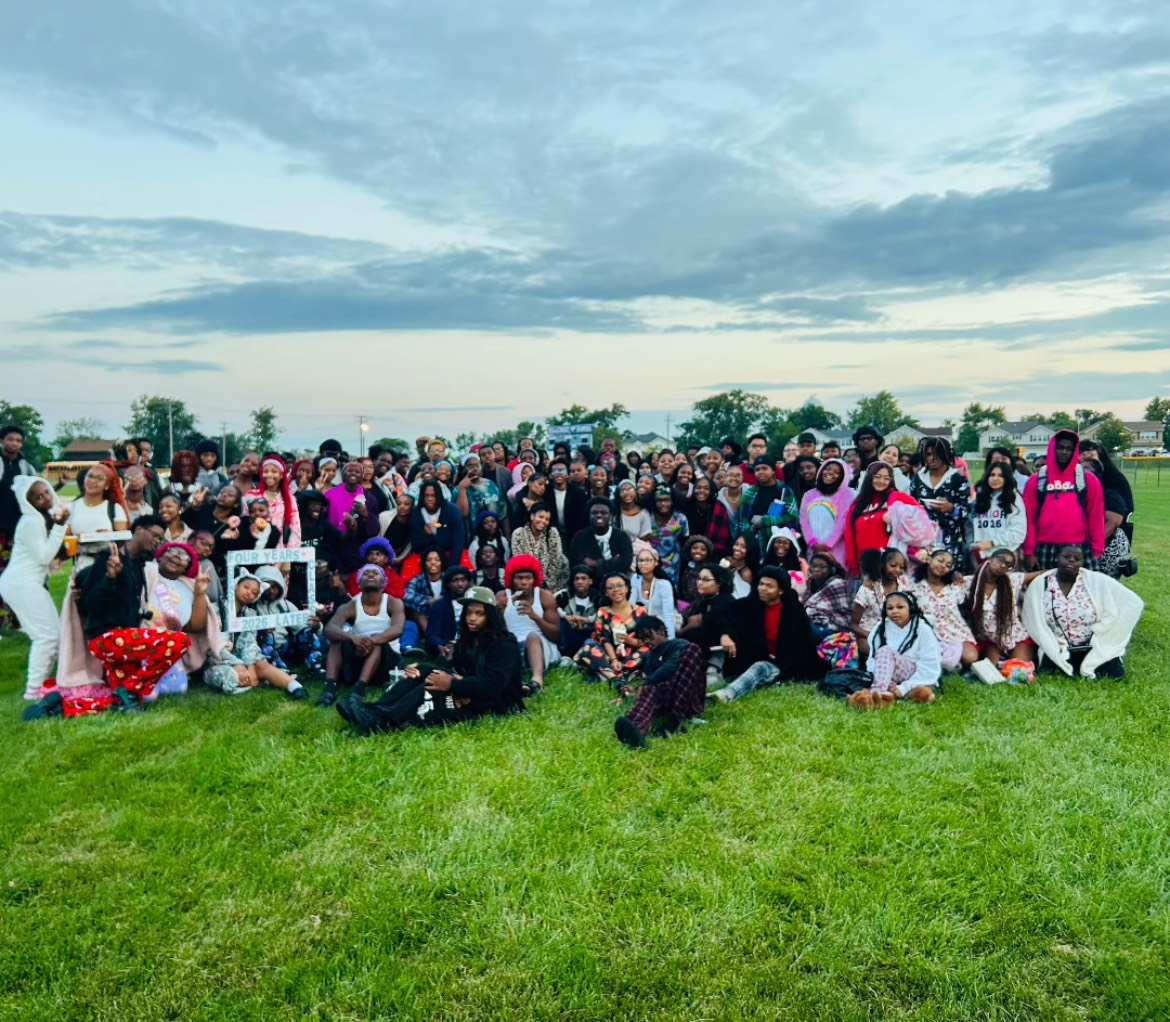
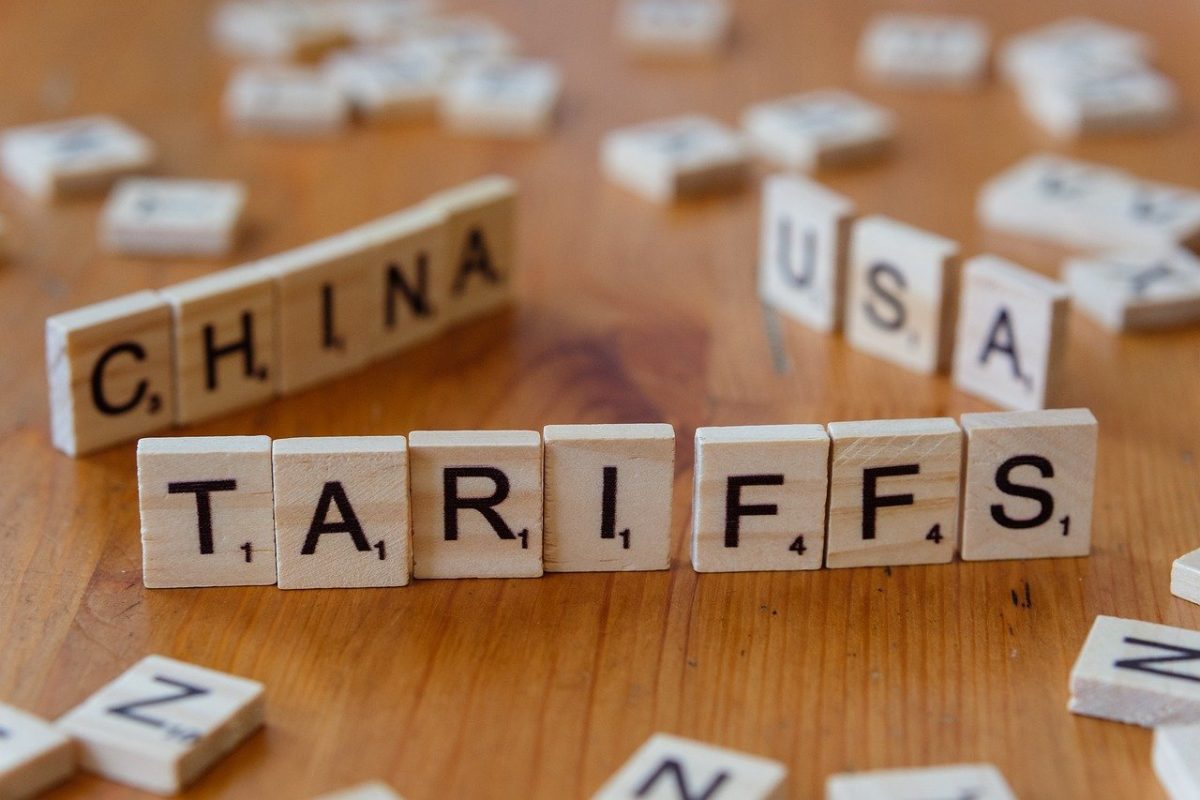






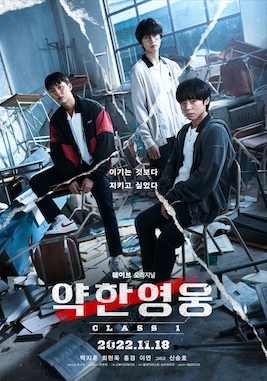
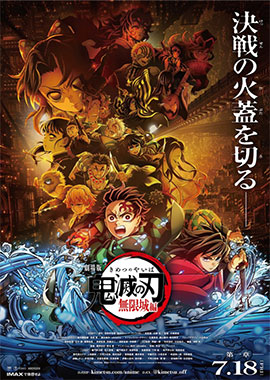

















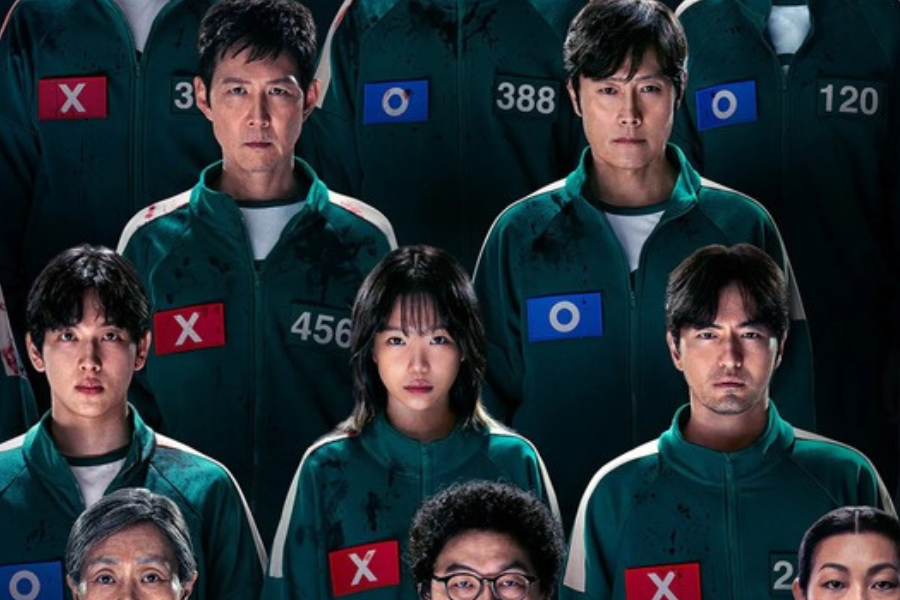

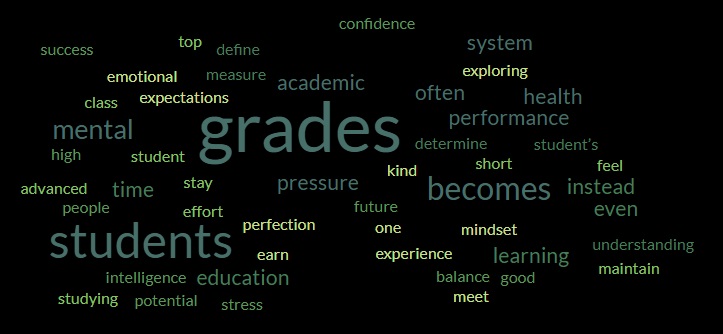





Adiba Vahora • Sep 16, 2025 at 11:48 am
Amazing, masterpiece ;D